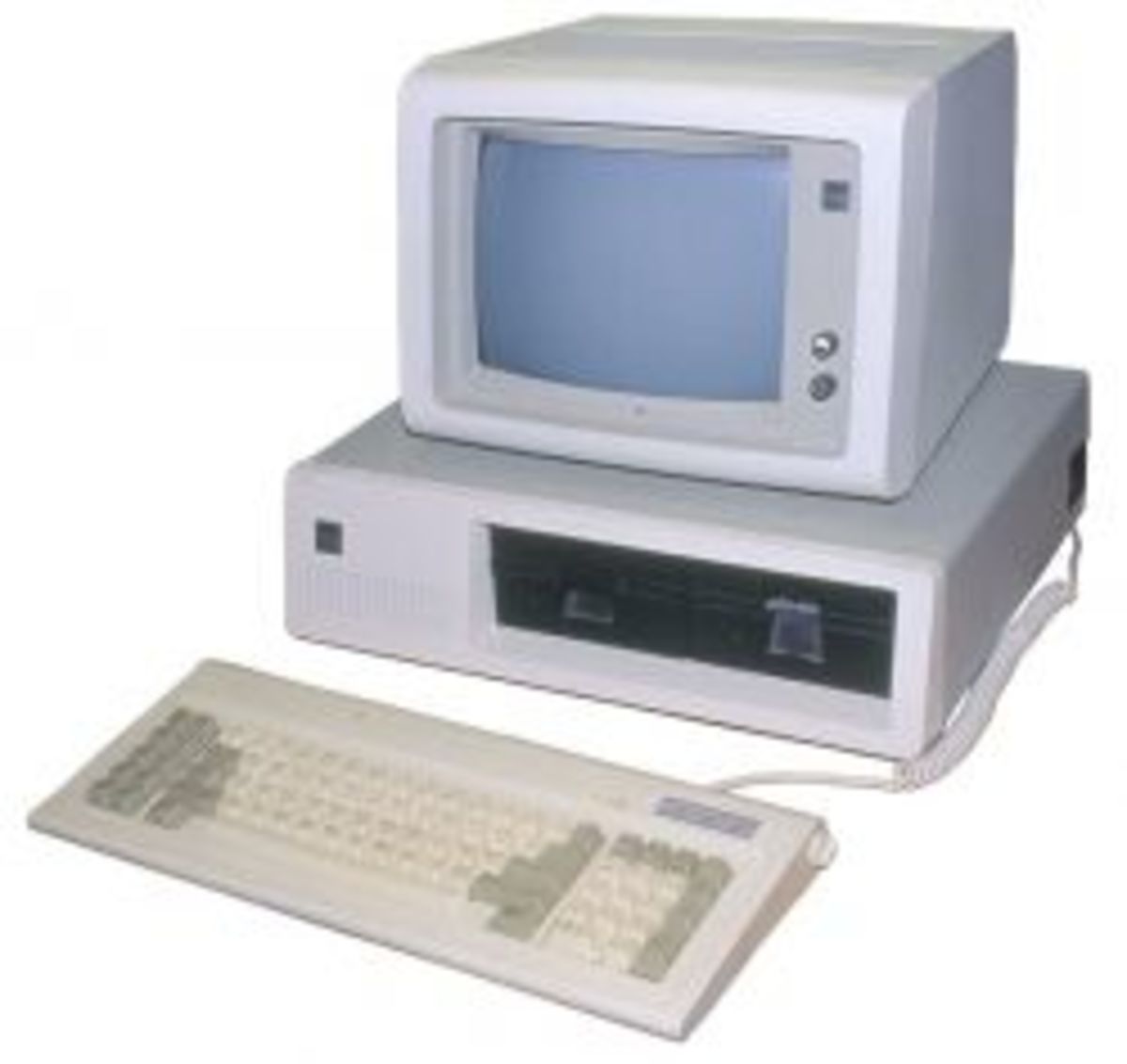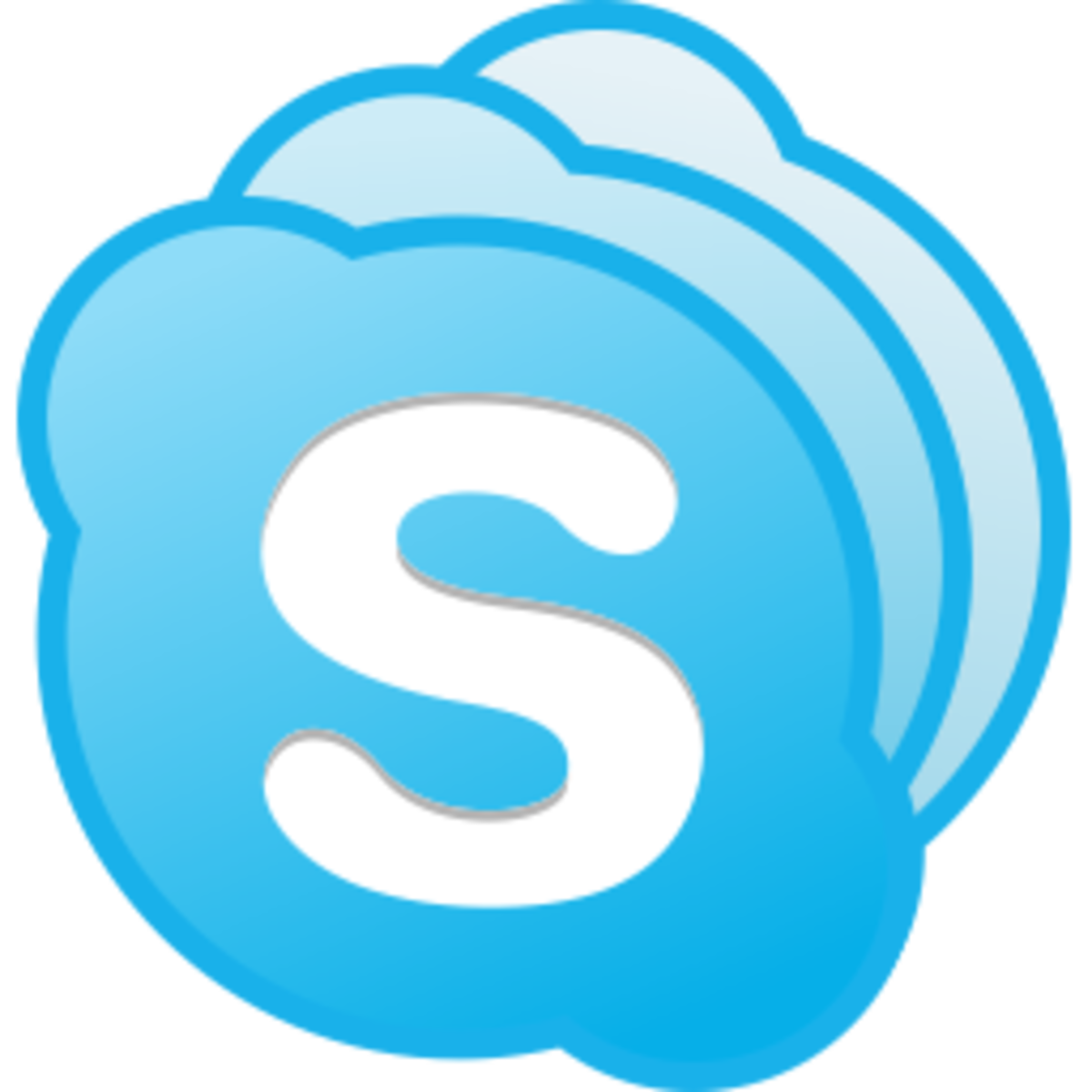- HubPages»
- Technology»
- Computers & Software»
- Operating Systems
Linux vs Other Operating Systems : 7 common myths busted
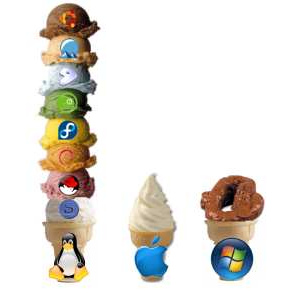
Introduction
When it comes to operating systems people have always hailed Windows and Mac OS X as the two front-runners of the OS battle. However, due to recent efforts of the ever-growing Linux community, this scenario has changed only to accommodate Linux as a beleaguered underdog. Thanks to its escalating popularity amongst desktop users worldwide, the open source operating system has already been deemed as a serious competitor to Windows and Mac OS X . Similarly on the server side, many corporations are switching to Linux due to its reliability and speed. So then, what is it that makes Linux so special when contrasted with other OS’s namely Windows and Macs? Why are many people switching to an operating system that is not only free but is not even backed by any multi-million dollar corporation? This article answers many such questions.
Why not Windows or Mac OS X?
Ok, let us tackle the problems with Windows and Macs first. Windows, developed by Microsoft Corporation, is the Operating System with the largest market share. However, this doesn’t make it the best when it comes to quality and consistency as it is constantly marred with problems of viruses and malware. Also, the initial investment in a Windows PC is much higher than what a consumer expects to pay. First it is the cost of the hardware itself, then the cost of the license to run Windows, then an Office program, and finally to protect it all, a decent antivirus software. In short, the license may carry an affordable price tag but the expenses finally pile up to burn a large hole in the consumer's pocket. As for computers that come with Windows pre-installed, the cost of antivirus, Office utilities and other non-free programs usually overrides the buyer's budget. Furthermore, the version of Windows provided is usually Home or Business edition, which lacks many features the Ultimate version provides.
Coming to Macintosh computers, they, unlike Microsoft, prefer to sell their software bundled with their own hardware. Apple claims that their design, feature-set and stability are much superior to any of Microsoft products; even if it comes at a very high price point. Nevertheless, Macs, despite their holier-than-thou attitude towards Windows and Linux, are far from being the perfect computers. Consumers and Microsoft employees frequently complain that Macs are significantly overpriced than a normal laptop/PC. Apple does have many quality programs for its users but most of them are highly priced and are not open source. Furthermore, Apple has gained notoriety for making closed, locked-down Mac exclusive products thus creating a walled garden of their own.
Note: The points mentioned above are not intended to offend any Windows or Mac lovers. I'm merely pointing out that Windows and Macs, contrary to popular belief and marketing claims, are far from being perfect and flawless products.
Why Linux?
After pointing out all the downsides of Windows and Macs, I come to the main point, that is, why should anyone switch to Linux. We all know that it is for geeks, don't we? Besides, how good can an OS be if it completely free and open source? Let's tackle all these questions one by one.
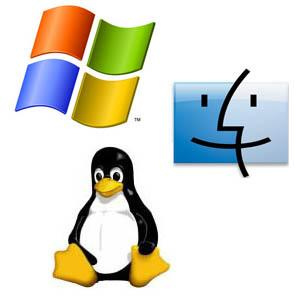
Myth 1: Linux is just for geeks
Linux is for everyone. While Linux based distributions like Ubuntu, Linux Mint and Fedora are developed with the non-technical user in mind, Slackware and others appeal to the more geeky ones. Believe it or not, installing Ubuntu is actually easier than a Windows installation , and using it requires no special skills.
Myth 2 : Linux can’t handle Excel, Word, Powerpoint
Linux can handle all the major file formats when it comes to documents as it comes with a powerful opensource Office suite called Openoffice.org (soon to be replaced by Libreoffice). So, apart from doing all the spreadsheets, presentations, and word processing out of the box, Linux can do tasks like publishing, image editing using only free and open source applications.
Myth 3 : Linux is free, so it sucks.
Many people think that Linux, because it is free, cannot be considered as a 'product', and thus, it may not be as good as Windows and Macs. This belief however, is completely wrong. Linux is the result of contributions by millions of users from all around the world, and it is through their incessant efforts that Linux continues to be free. Besides, what’s bad about being free anyway? After all, the best things in life are free; aren’t they?
Myth 4 : Desktops are dead, so is Linux
With the rapid emergence of smartphones, tablets and a myriad of handheld devices running powerful softwares, the popularity of desktops is slowly falling. However, this process is slow, and many have denied the fact that desktops will get replaced by devices like tablets; at least for the next 5 years. Whichever way the paradigm shifts, Linux enthusiasts won't be disappointed as almost all the next-gen gadgets being developed are already capable of running Linux. Consider for example, Android smartphones which are rapidly overtaking Apple's iphones; these devices are running on Android Operating System which is based on … yes, you guessed it right … Linux. Also when it comes to tablets, Android powered tablets have started appearing in the market ready to take on Apple's ipad. Finally, with the steady growth of Linux based netbooks, one can without any doubt, conclude that whatever happens to desktops, Linux isn't dead or dying; it is in fact, the future.
Myth 5 : But Linux can’t handle my favorite software XYZ which is windows-only.
Linux maybe not be capable of running a particular program like Photoshop, but it does have an opensource alternative with equivalent features called Gimp. Many such closed-source programs exist to which Linux provides great open source alternatives. A good way to find those is through this site which provides a list of quality alternatives to many leading applications. Furthermore, a popular software called Wine makes it possible for Linux users to run many Windows programs without any virtualization or emulation. If that too, doesn't suit the user, he or she can always try dual booting which many Linux users do.
Myth 6 : Linux can’t do gaming
Windows, unlike Linux and Macs can always boast of the thousands of games it is capable of running. However, that doesn't mean gaming is a Utopian concept to the Linux world. Many indie developers have started developing games for Linux , and of course many games that run on Windows work flawlessly on Linux thanks to softwares like Wine, PlayonLinux and Transgaming Cedega. Here’s a list of the much-awaited games for Linux in 2011. Also, Steam now works flawlessly and natively on Linux making the OS a hotbed for new innovation in gaming
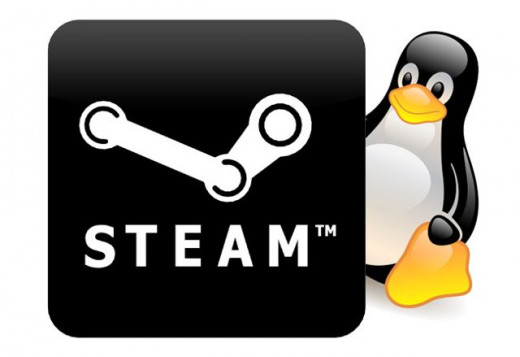
Myth 7 : Linux lacks support.
While Microsoft and Apple both boast of an excellent support, Linux, by default doesn't offer any professional support. To make up for the lack of support, Linux offers multiple ways of seeking help; one such way is through forums .The Linux community is very large and simply posing a question in a forum, one gets a reply within a few minutes and sometimes seconds. Don't believe me? Try asking a valid, Linux related question on linuxquestions.org and a helpful reply will come quicker than you expect. For the impatient ones, there is IRC; that is, internet relay chat, where many developers and users hang out to helping other users. If that isn't adequate, one can always buy professional support offered by Ubuntu, which comes at a fair and reasonable price.
Conclusion
Summing up, Linux in almost all aspects matches up to its closest competitors and in some areas outstrips them hands down. That said, Linux’s market share still stands at a meager 2% thanks to widespread vendor lock-ins and a general lack of awareness amongst non-technical folk. This fallacy however, is slowly being overcome only to make the software world a free and better place.
Poll
Which OS Do You Use?
My Previous Article
- 5 Useful Linux Commands for Complete Newbies
Do you want to get in touch with your geeky side? Here are 5 useful Linux commands anyone can get started with instantly.

